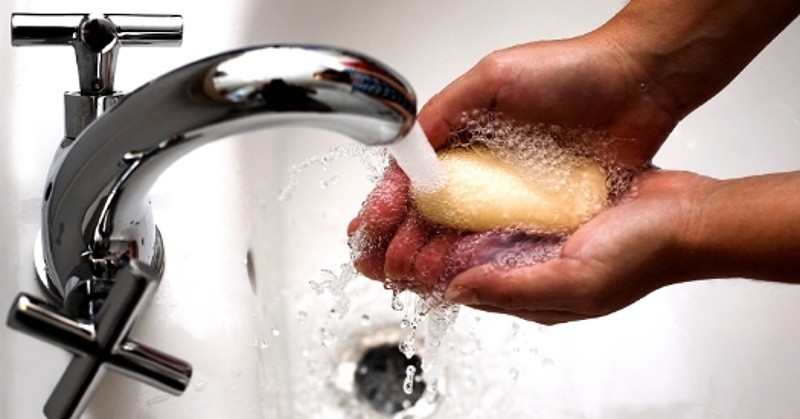Tips to Stay Safe and Healthy During Hajj

Being the world’s largest mass gathering, the Hajj (annual Muslim pilgrimage to Mecca) raises many health concerns that require your attention if you’re planning to join the other three million pilgrims from all over the world in the holy rituals.
In the case of mass gatherings and huge crowds such as the Hajj, the most important health concern is the transmission of infectious diseases, especially those transmitted by air or via contaminated food and water.
In the past, there was a problem with the transmission of meningitis (inflammation of the brain coverings that can be fatal) during Hajj season, which required the Saudi Hajj authorities to demand proof of vaccination against the meningeococcal disease before approving visas.
Also on the list of required vaccinations are Measles, Pertussis (Whooping Cough), Polio, seasonal flu and recently the H1N1 vaccine, if available. Some countries advise their residents to get the Hepatitis A and B and Typhoid vaccines as well.
But not all diseases have vaccines, so practicing good hygiene, eating properly cooked meals and drinking clean water of known sources are a must.
For males who require shaving and cutting their hair after the rituals, choose a licensed barber using single-use disposable blades.
Other than the transmission of diseases, heat stroke is also common under the strength of the Saudi sun. And although Saudi authorities are always renovating the place, adding more shades and facilities to guard against heat stroke, it’s important to stay well hydrated at all times. Or even consider night rituals, which have been advocated as legitimate.
The Hajj is a strenuous activity, especially for the elderly. Heart strokes are now becoming a primary cause of death during Hajj season. Check your heart’s condition if you’re above the age of 60. If you already have a heart disease, check with your doctor and discuss what kind of activities you should refrain from and never forget to bring enough quantities of your medication for the entire duration of the trip.
If you have any other medical condition that requires lifelong medication, such as diabetes, bring your meds with you.
If you for any reason have to seek medical attention, be precise and detailed in explaining your medical history to the attending physician. And if possibile, don’t hesitate to contact your home physician for consultation.
Trauma and injury is also always a concern, so always be aware of your surroundings. Due to the overcrowdedness of the place, billions have been spent to prevent stampedes. If at any time you feel overcrowded, quietly and easily pull over to the edges and detach yourself from the danger zone. If you have a companion or a child, make sure they are in your eyesight at all times while you reach safety. And always make sure you’re always aware of where the emergency exits are.
